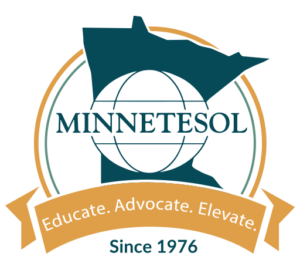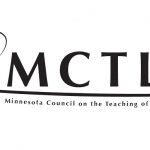These 2.5 hour workshops take place on Friday, November 2, 2:30-5:00 p.m. They are a great form of professional development. Pre-Conference Workshop registration is completely optional, and is NOT included with basic Conference registration (above) — sign up for Pre-Conference Workshops in addition to your regular Conference registration.
Each workshop costs $30. Please register for only one, since all workshop sessions are concurrent.
1. Corrective Feedback for Linguistic Errors in Adult ESL Writing by Aryls Arnold, Paula Bramante, Carol Foye Wallin, Pat Eliason of UMN-Twin Cities, Robin Murie of UMN-Duluth and Betsy Parrish of Hamline University
Come join our discussion and hands-on workshop addressing corrective feedback (CF) for adult ESL writers. Our focus will be on linguistic corrective feedback for language learners in advanced level adult basic education programs, community colleges, intensive English programs, and freshman English courses. Our panel of ESL professionals will provide a concise overview of the literature on linguistic CF (claims made, support offered, and questions the findings stimulate), a guided whole-group discussion period for participants to pose their own questions and concerns on CF, and a hands-on activity working with actual student writing samples. To make the last part of the event as relevant and interactive as possible, we invite those interested in participating to submit brief student writing samples that they and other workshop participants can evaluate, mark up, and discuss. Please send your student writing samples no later than October 26th to Paula Bramante at brama015@umn.edu.
2. Blending Inquiry Science and Academic Language Instruction in Elementary ESL by Susan Ranney, University of Minnesota, and Jackie Smith, Robbinsdale Area Schools
This workshop is designed to guide K-12 ESL teachers in planning to integrate academic language instruction with science content. The presenters provide examples from both pull-out and push-in elementary ESL instruction and demonstrate the use of the Standards-Based Language Curriculum Framework to connect science standards with the WIDA standards. Participants will learn about text analysis to identify particular language features to focus on and will see an example of lessons guiding 4th grade ELs in identifying language functions in science writing. Specific instructional strategies such as scrambled sentences, anticipation sets, turn and talk, state before you write, and vocabulary sorting will also be demonstrated. The workshop will provide video and pictures of student performance and opportunities for participants to practice language analysis and planning.


